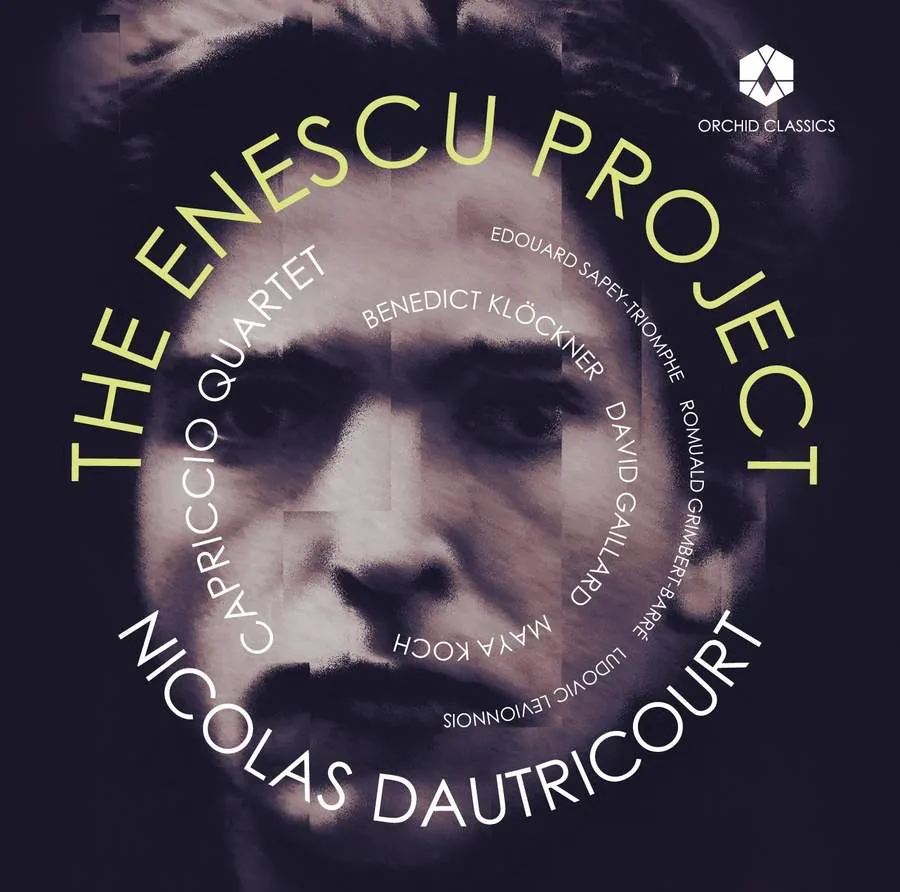
The Enescu Project Enescu: Octet in C, Op. 7; plus works by Bartók, Fauré, Massenet, Pais, Ravel, Ysaÿe Nicolas Dautricourt (violin) et al; Capriccio Quartet Orchid Classics ORC100202 78:54 mins
This lovingly conceived tribute to George Enescu and his Octet (1900) takes its starting point from the violinist Nicolas Dautricourt’s conviction that it ‘is one of the greatest masterpieces of the chamber music repertoire, or perhaps of music altogether.’ It’s hard to disagree about a score of such brilliance and mystery, one made all the more remarkable for being the work of a teenager (albeit a prodigy). The performance led by Dautricourt observes the opening movement’s ‘Très modéré’ marking more strictly than some, one reason perhaps why the music doesn’t quite soar, but the slow movement is serene and moving. This is collegial, congenial playing – true to the music’s spirit.
From solo, duo and trio up to bigger ensembles, this programme puts Enescu in the context of his Romanian background and Parisian domicile. The opening Aubade (written a year before the Octet) is charmingly fresh, but though arrangements for strings of ubiquitous pieces by Massenet and Ravel make interesting biographical connections, they dilute the musical impact; something is lost in translation from the piano part of Fauré’s Élégie.
On the plus side, there’s the surging energy of a new Romanian octet, Mémoire Déformée, composed by George-Ioan Păiș (b1994) in tribute to Enescu – a fragmented dance of edgy beauty. Ysaÿe’s compact Sonata No. 3, dedicated to Enescu, receives a concentrated performance from Dautricourt, who proves himself an eloquent player. He is joined by Cécile Agator for three of Bartók’s Duets, in searching accounts that evoke Enescu’s roots.
John Allison